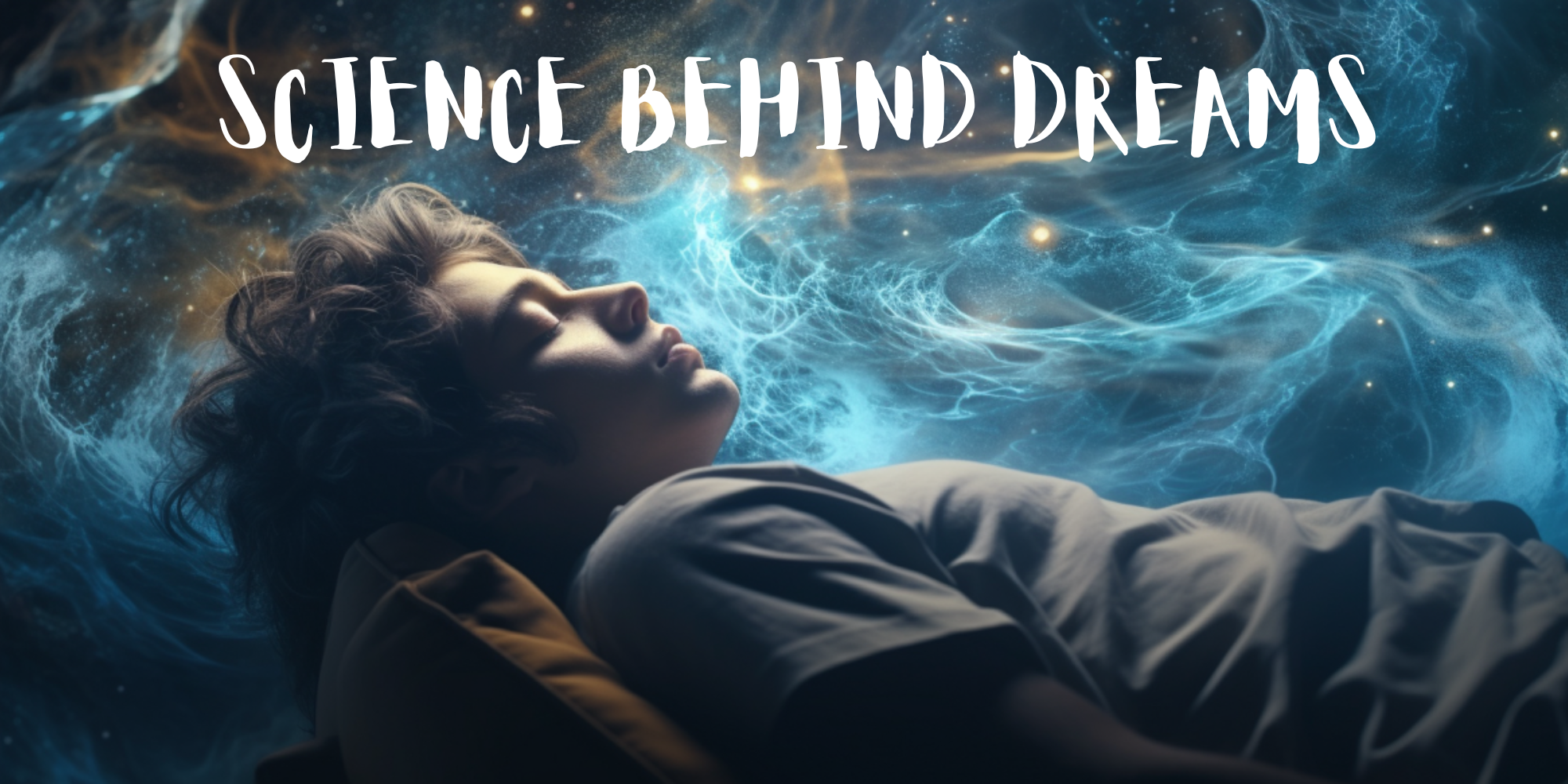Decoding Dreams: 6 Fascinating Facts Proven by Science
Ever wondered why we remember some dreams and forget others? Dive into the scientific exploration of dream recall and its effects on our daily moods and mental health.
Dreams, that enigmatic realm of the mind, have been a source of fascination and intrigue since time immemorial. They continue to captivate scientists and laymen alike, giving rise to an array of theories, studies, and insights. But what does contemporary science have to say about dreams? We've compiled six intriguing facts about dreams, all underpinned by rigorous scientific research.
1. Dreams Can Fuel Creativity and Problem-Solving
Scientific research suggests that dreams aren't just a sequence of peculiar and disjointed scenarios, but they can also serve a meaningful purpose. According to a study published in "Current Directions in Psychological Science," dreams can stimulate creativity and promote problem-solving skills. Renowned scientists like Dmitri Mendeleev and Elias Howe reportedly found solutions to complex problems in their dreams, leading to the discovery of the periodic table and the design of the sewing machine, respectively.
2. REM Sleep: The Prime Time for Dreams
We dream in all stages of sleep, but the most vivid and memorable dreams occur during the Rapid Eye Movement (REM) phase. A study published in "Sleep Medicine Reviews" shows that brain activity during REM sleep closely resembles that of being awake, hence the vivid nature of the dreams experienced during this phase.
3. Not All Dreams Are in Colour
In the early 20th century, most people reported dreaming in black and white. A study published in "Consciousness and Cognition" suggested that this could be related to the media of the time—predominantly black and white television and films. As colour media became dominant, people increasingly reported dreaming in colour.
4. We All Dream—Even If We Don't Remember
According to research by the Division of Sleep Medicine at Harvard Medical School, everybody dreams—however, not everyone remembers their dreams. On average, we dream for around two hours per night. Dream recall varies greatly among individuals and can be influenced by various factors, including stress levels, sleep quality, and even personality traits.
5. Dreams Can Influence Our Mood and Daytime Functioning
Our dreams don't just disappear when we wake up—they can affect our mood and how we navigate our day. A study in "Social Psychological and Personality Science" found that the emotional content of dreams can influence our daily moods and even our mental health.
6. Lucid Dreaming: Controlling the Dreamworld
Lucid dreaming, the experience of being aware that you're dreaming and even controlling the dream scenario, is a scientifically validated phenomenon. A study in "Nature Neuroscience" demonstrated that lucid dreamers can make conscious decisions within their dreams, suggesting a unique state of consciousness that blends elements of both sleep and wakefulness.
These six facts offer a glimpse into the mysterious and captivating world of dreams. As we continue to delve deeper into our understanding of dreams, who knows what other fascinating discoveries await us in this fantastical realm of the subconscious mind? For now, we can appreciate dreams for what they are—a rich, intriguing, and sometimes puzzling part of our human experience.









![[Funding alert] Media-tech startup Toch raises over $400K in round led by Inflection Point Ventures](https://images.yourstory.com/cs/2/b3bfb136ab5e11e88691f70342131e20/Imagevgyw-1586973026465.jpg)


